Olaf Breuning
IMA at Ksubi
22 March–3 May 201222 Mar–3 May 2012
Back in 2006, we showed Swiss artist Olaf Breuning’s two-channel video odyssey, Home. Now we bring you his mondo-jackass sequel, Home 2. In what looks like a handycam-video diary or an amateur travel documentary, we follow Breuning’s pal Brian Kerstetter (who the Guardian dubbed ‘the poor man’s Borat’) to Japan, Papua New Guinea, Switzerland, and Ghana, suffering his inane observations and lame jokes.
A demented cosmopolitan, Kerstetter’s character is fond of playing dress-up tricks on ‘the natives’. In Papua New Guinea, he wears a gorilla-costume head and an AC/DC T-shirt to meet the locals. In Japan, he persuades passers-by to pose with him in cat masks. In Switzerland, he strips Swiss men of their traditional Appenzell costumes, then (cross) dresses girls in them for a hotel-room sex romp. Kerstetter’s politically-incorrect antics reach new heights when—in the thrall of an anti-capitalist epiphany—he hands out money (and the shirt off his back) to kids living on a rubbish tip in Ghana. As much as the deluded, class-blind globetrotter claims to seek harmony and human connection—to find a home in the worlds of others—the effect is total alienation.
Shot ‘on location’ and improvised from real-life situations, Home 2 is partly for real, partly fake. The intermittant rattling projector sound and the images’ stuttering ‘scratched’ appearance suggest we are watching an old film, but Home 2 was clearly shot in the age of digital video, so these added ‘effects’ simply add to the sense of faux-authenticity. Breuning’s spot-on cringe comedy seems out of place in the earnest artworld, resonating against its routine political correctness and globalist presumptions.















